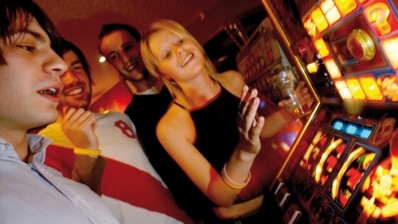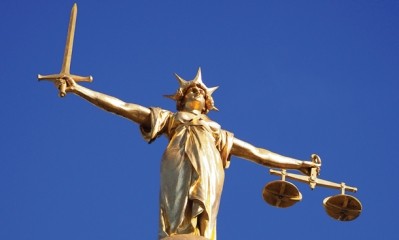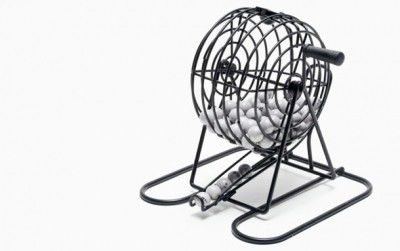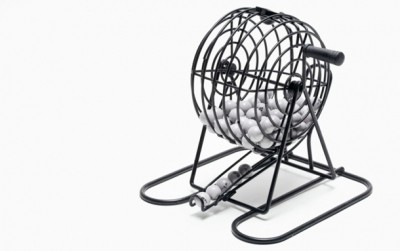Legal advice: Calling it on bingo
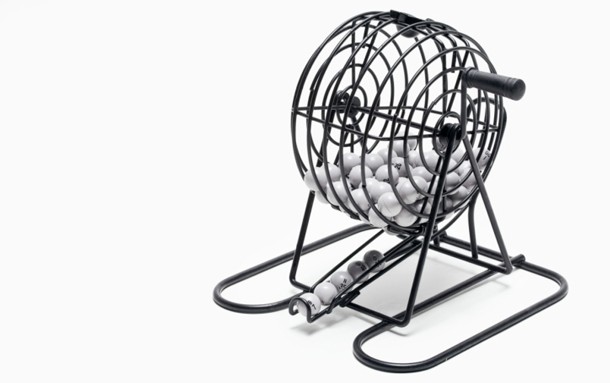
We do not expect a decision for some weeks, but what could this mean for pubs?
All alcohol-licensed premises are permitted to provide bingo, and can do so without an authorisation, permit or licence. Customers can play bingo for cash or prizes as equal chance-exempt gaming.
The exemption applies because the premises hold an alcohol licence and there are limits and conditions on game-playing.
The principal conditions are:
- There can be no charge for participating, nor a charge, levy or deduction from the stakes or prizes.
- All the money staked by the players must go back to the players as prizes.
- Linked games across premises are not allowed.
- Under-18s cannot participate.
The first limit is that the maximum amount a player can spend on bingo cards per game is £5. The designated premises supervisor becomes the gaming supervisor and must take all reasonable steps to ensure limits are adhered to, and prizes are low level.
A code of practice, published by the GC, applies to bingo and includes best practice advice on age verification, equipment, records of games played, numbers of players and amount staked, to ensure individual and daily limits are not exceeded.
For bingo the maximum aggregate stakes or prizes for a single premises cannot exceed £2,000 in any week (you can actually go over the weekly limit once, after which you must inform the Gambling Commission; if you do it again you are committing an offence and could be liable to a serious fine or risk to your premises licence).
There is no gaming machines entitlement under exempt gaming. Instead, pubs use the automatic entitlement to one or two gaming machines, or apply for a licensed premises gaming machine permit. These both allow category C or D gaming machines and generally only in low numbers.
Greene King offers this type of exempt gaming bingo in its pubs, but wanted to offer commercial bingo. If the Upper Tribunal find in favour of Greene King, and they obtain bingo premises licences, this would mean they could charge a participation fee for bingo and provide greater numbers of, and higher-stake and prize gaming machines.
There would also be no limit to the bingo stakes and prizes, as there is with exempt bingo. With an operating licence and bingo premises licence a pub could also:
Provide unlimited numbers of category D gaming machines (these are the low-stake and prize variety, such as pushers and cranes and the £5-prize AWPs);
Provide unlimited category C machines, with a stake and prize of £1 and £100 respectively;
Provide category B3 or B4 gaming machines, with a maximum jackpot of £500 on the B3 machine.
So we await the appeal decision, although that is unlikely to be the end of it. If the commission does not get the decision it desires, it has already said it will seek to restrict bingo and gaming machines in pubs through alternative means, and may even ask the Department for Culture, Media & Sport to make changes to the Gambling Act 2005. Watch this space.
